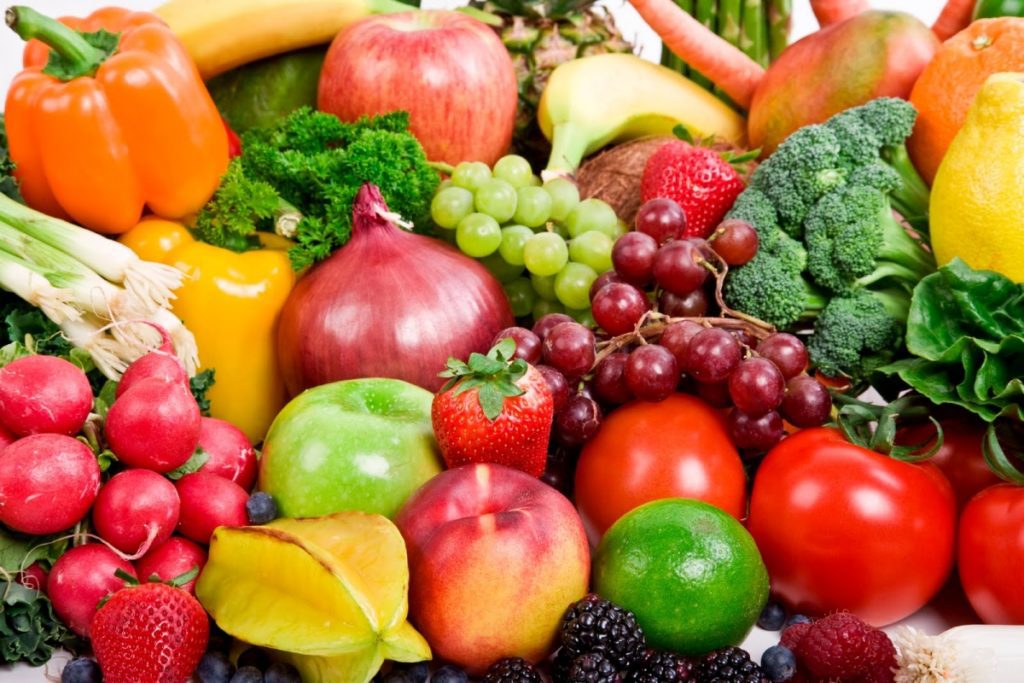Nov 1, 2017Sustaining local farms top factor in fresh produce buys
When it comes to buying fresh produce, northern New Englanders value maintaining local farmland, supporting the local economy, and buying produce without pesticides, according to new research from the University of New Hampshire.
The research was conducted by NH Agricultural Experiment Station researcher John Halstead, professor of environmental and resource economics; Samantha Werner, a graduate student in environmental economics; and Nada Haddad, food and agriculture field specialist with UNH Cooperative Extension.
In northern New England, local agriculture is a growing industry. Legislation exists in Maine, Vermont, and New Hampshire that aims to enhance and expand local agriculture production. In order to ensure the success of expansion efforts, UNH researchers conducted a regional survey about consumer values and perspectives pertaining to local foods and agriculture.
Researchers found 54 percent of those surveyed said when purchasing any type of fresh produce, it was “very important” that locally grown produce maintain local farmland. This was the most important factor for northern New England consumers. Other factors considered “very important” to consumers include supporting the local economy (46 percent) and buying produce that is grown without pesticides (45 percent).
Surprisingly, consumers consider “locally grown” to be only “somewhat important” or just “important.” Organically grown produce had the highest percent of “not important” responses (20 percent).
“Consumers are motivated to purchase local and organic produce for similar reasons, such as the produce supports the local economy, healthy eating, and for the quality of these produce options. Price, however, is still the main deterrent for those who do not purchase local and organic produce. Consumers are most likely to try a new type of produce option if it is offered in a taste-test station. Additionally, consumers prefer different methods of communication depending on their age — older consumers are more interested in newspaper ads while younger consumers prefer social media outlets. Both age groups find word-of-mouth and road signs to be preferable methods of receiving information about their local vendors,” the researchers said.
This material is based upon work supported by the NH Agricultural Experiment Station, through joint funding of the National Institute of Food and Agriculture, U.S. Department of Agriculture, under award numbers 1002686 and 0233237, and the state of New Hampshire.
These research results can be viewed in the publication, Why Do or Don’t New Englanders Buy Local Produce?
– Lori Wright, New Hampshire Agricultural Experiment Station















